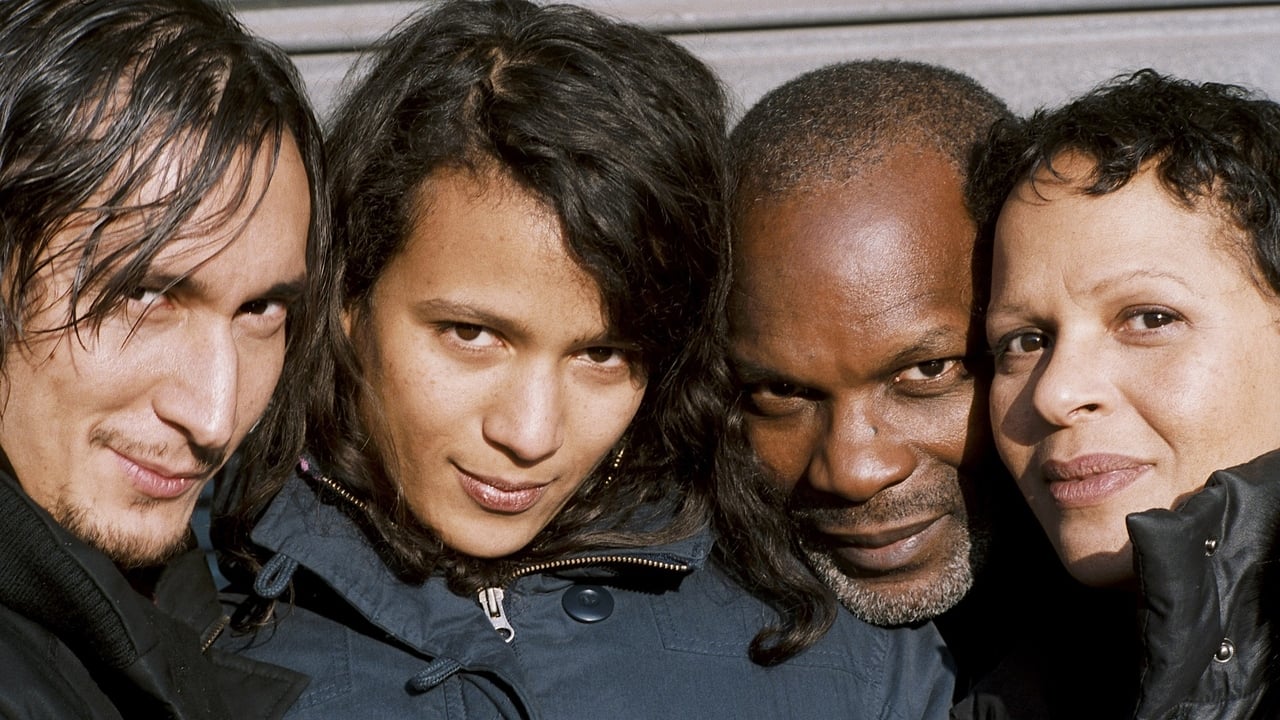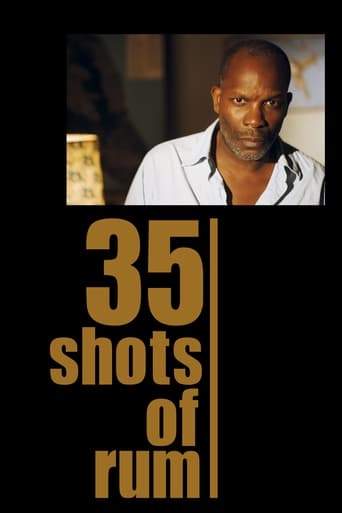



I like movies that are aware of what they are selling... without [any] greater aspirations than to make people laugh and that's it.
View MoreThis movie feels like it was made purely to piss off people who want good shows
View MoreGreat movie. Not sure what people expected but I found it highly entertaining.
View MoreThere's no way I can possibly love it entirely but I just think its ridiculously bad, but enjoyable at the same time.
View MoreContrary to another review here I found the film very enjoyable and interesting, although for the same reasons ;-) In my view, the film establishes the relationships among its central characters, in particular father (Lionel) and daughter (Josephine) through their actions, everyday behavior and their various looks (gazes, glances, observations). The way I read it (but the beauty of the film is in part that multiple readings are possible) it is mostly about the letting go of father and daughter, a musing on the "Father of the Bride" theme; in total contrast of course to the comedies of that title.Indeed the film has hardly any plot but interior developments; hardly any action, but a lot of movement; hardly fun but great possibilities of enjoyment.
View More35 Shots of Rum (35 Rhums), Claire Denis, 2008, continues Denis' portrayal of Europeans of African ancestry with this quietly unfolding parable of a daughters deep love of her father and his pangs of guilt in accepting her companionship (he is a widower) which he comes to see is an unhealthy dependency preventing her from forming her own emotional life with her boyfriend. The scene is a Parisian apartment building in which Jo and her father Lionel share friendships with Noe, Jo's boyfriend, and Gabrielle, a single woman who drives her own taxi. The obvious parings are prevented from developing by Jo'e inertia brought on by her contentment with the arrangement and the resolution hinges on the death of Noe's cat and the discovery of by Jo of a note from Gabrielle to Lionel. The films attractions are the expected artistry of Cinematographer Agnes Godard and the deft direction of Denis in which emotions and attitudes are conveyed with great economy. Denis uses imagery of movement throughout the film as Lionel is a commuter train engineer who uses a motorcycle for personal transport; Gabrielle drives her taxi; and Jo rides trains to her classes. There is a brief moment of something like magic realism with Jo and her father on horse back galloping down the underground tracks. All this contrasts with the quiet lives at the apartment. One odd note is the depiction of Jo at classes where the subject of the monetary domination of the northern countries over the southern. The word revolution is mentioned and a brief scene of a protest is inserted art one point. This contrasts, consciously or not, with a decidedly up scale apartment with furnishings that suggest a background far different from a train engineer. Except for her film Chocolate, I never noticed any overt socio/ political agenda in her films.
View MoreThis movie opens with about ten minutes of watching commuter trains running around the Paris area. We get views from the inside as well as out. You begin to wonder what is going on, is this a film directed by some train obsessed person? But, no, the opening scenes set a mood and briefly introduce us to two of the main characters: Lionel, a train engineer, and Joséphine, his daughter. (Is it just a coincidence that Lionel's name is the same as the model train company's?)After the opening scenes we see Lional and Joséphine in their small but comfortable apartment in the Paris suburbs. Details of their ordinary domestic life are presented at some length. Lional and Joséphine are so at ease with each other that you assume they are husband and wife, but then you are surprised to learn they are father and daughter. Finally we are introduced to the two other people in the apartment complex whose lives intertwine with Lionel and Josèpine: Gabrielle, a taxi driver who has had more than a casual interest in Lionel for many years, and Noé, a young, peripatetic bohemian who has interest in Joséphine. Following the shifting relationships among these four people is the substance of the movie.Dramatic tensions are developed with quiet subtly. Those seeking histrionics will not find them here. The pivotal scene has no dialog. While dancing in a café to the Commodores "Nightshift" and Ralph Tamer's "Siboney," the entire emotional tone between the characters turns. What a beautiful scene.What attracted me to this film was the gradual way we learn about the people and come to care about them. In contrast, however, compressed into the final scenes are surprising revelations.If you like quiet, character-driven films, then you will probably like this. Otherwise, probably not.
View MoreIf like me, you're the kind of person who's desk is always tidy with everything in the right place, who appreciates clarity and structure, and is in generally on the wrong-end of the societal norm of 'just go with the flow', then this film could prove to be quite a challenge.The first few minutes encapsulate the movie in miniature. We spend the time zipping around a French metro system going nowhere in particular, via a camera attached to the front of various trains, as the timespan unfolds from daylight to darkness. This is intercut with shots of a good-looking chain-smoking bloke in his fifties, watching the subway trains from his motorbike by the side of the tracks. What is he waiting for? What does he look so worried about? Why does he eventually leave? For every answer meted out, another dozen questions take its' place.The plot, such as it is, concerns the changing relationship between a beautiful father/daughter combo (which, at times, seemed to me almost incestuous in tone), and their extended family of neighbours. Most 'stuff' is left unsaid for the viewer to interpret. Instead we are treated to languid, lingering shots of things like, er, doorways and skin. This is most definitely art-house territory, with bits of French-ness thrown in.I stayed for the Q&A after the Edinburgh Film Festival showing, in the hope that the director (Claire Denis) might shed some light on her work, and indeed she did – long, rambling answers that veered all over the place in an entirely inoffensive but generally incoherent way – just like her film really. Nice enough to look at, but not really my cup of thé au lait, even if there had been some in sulky Noe's fridge. 4/10
View More